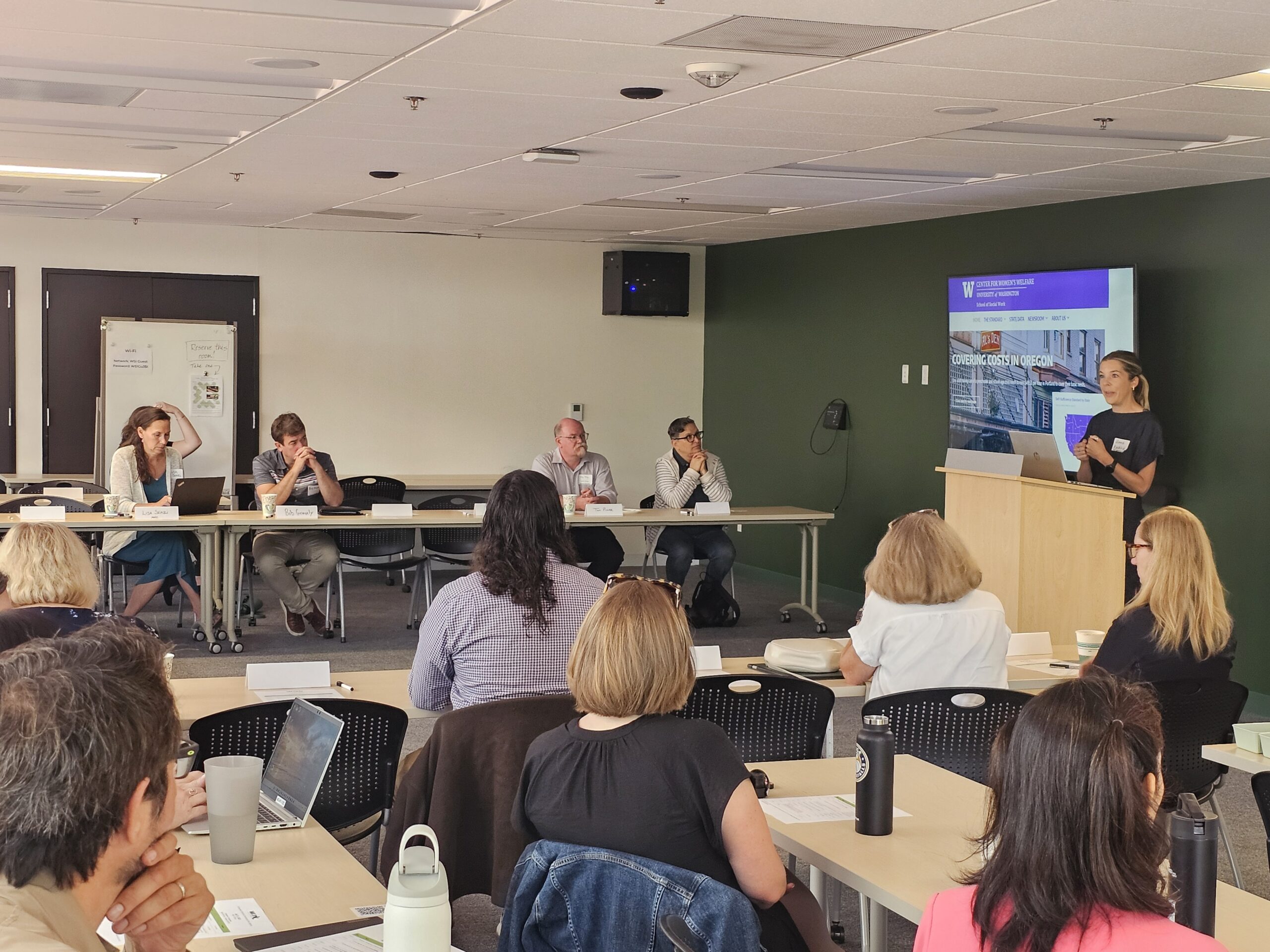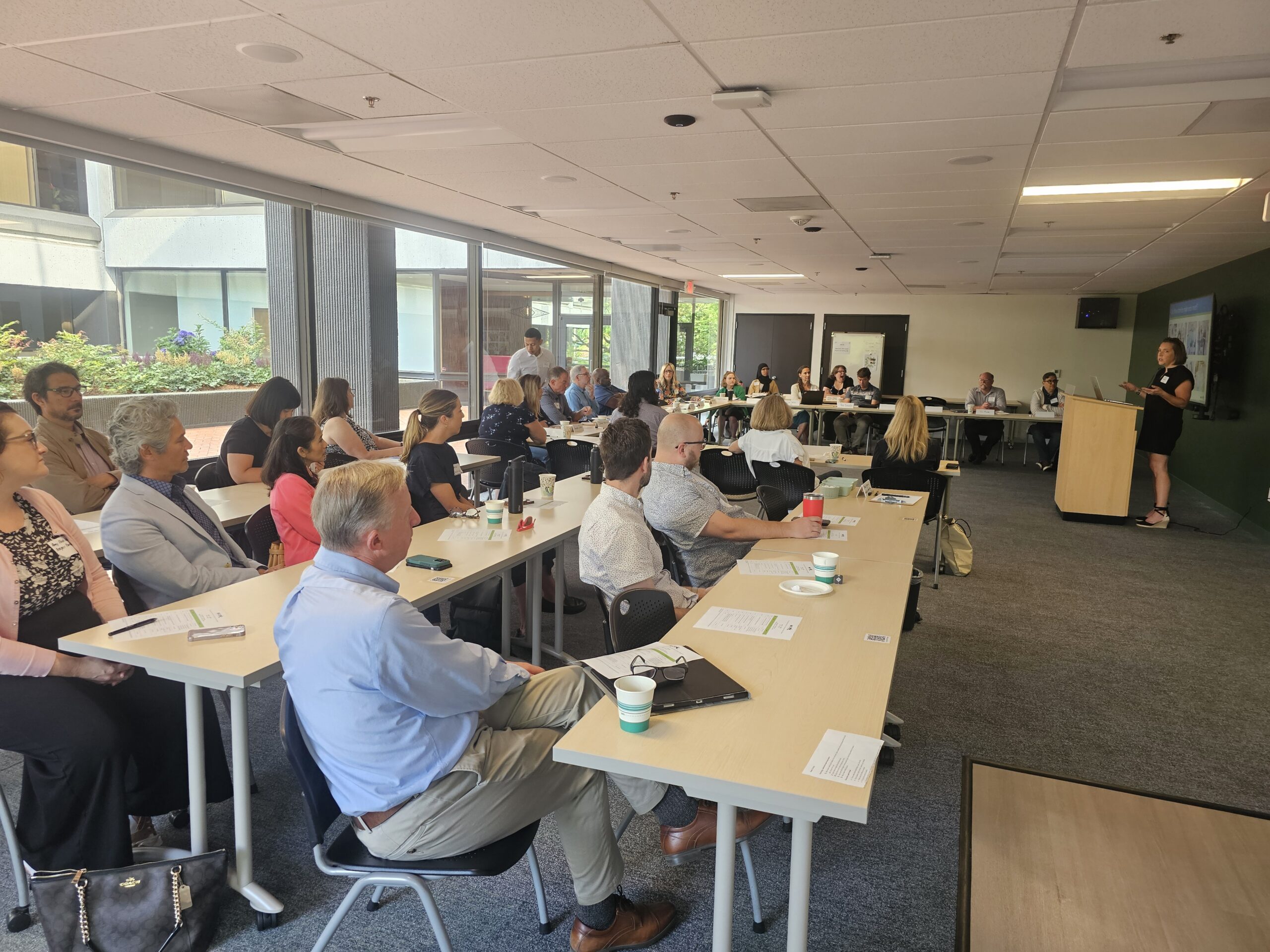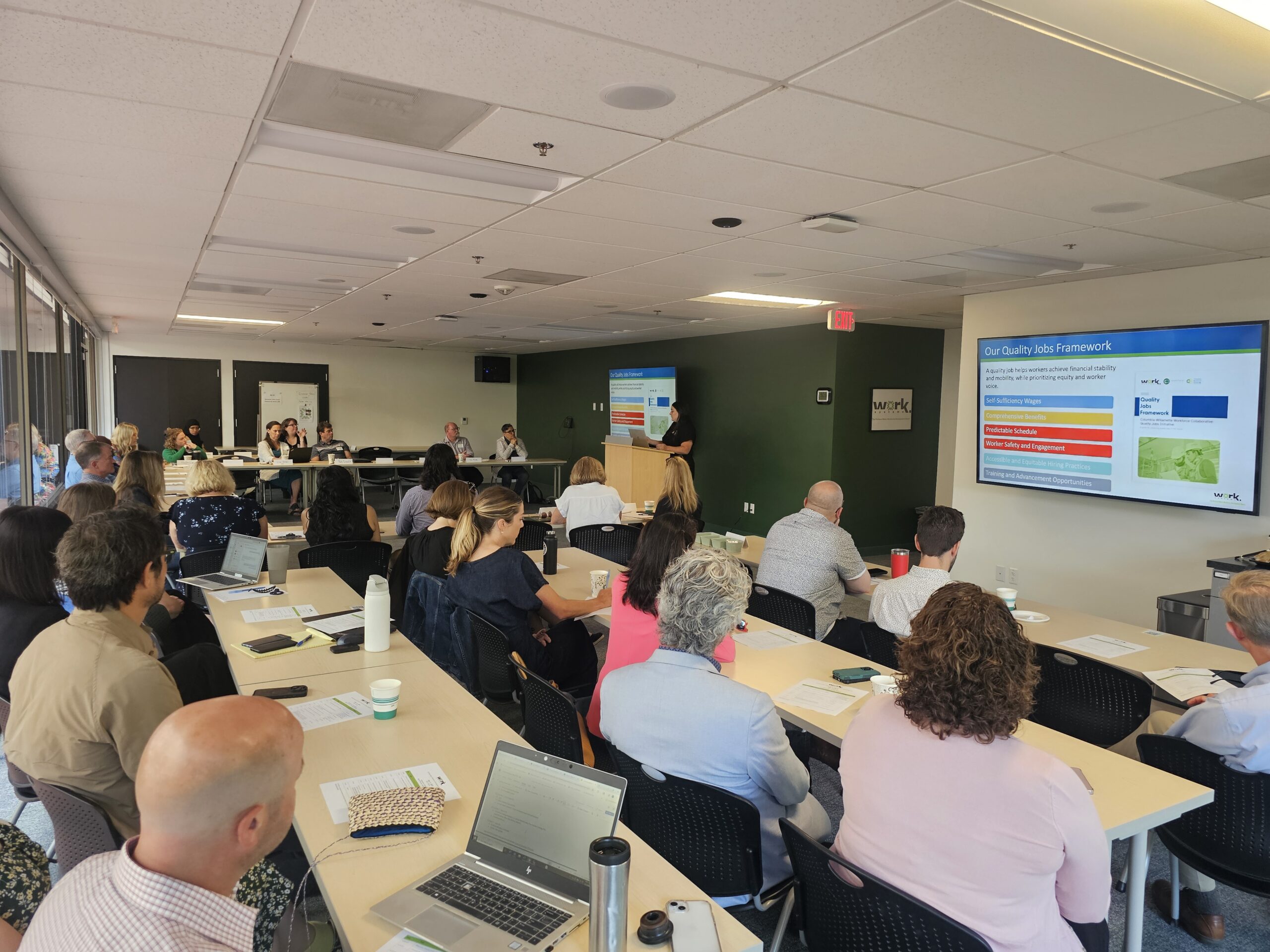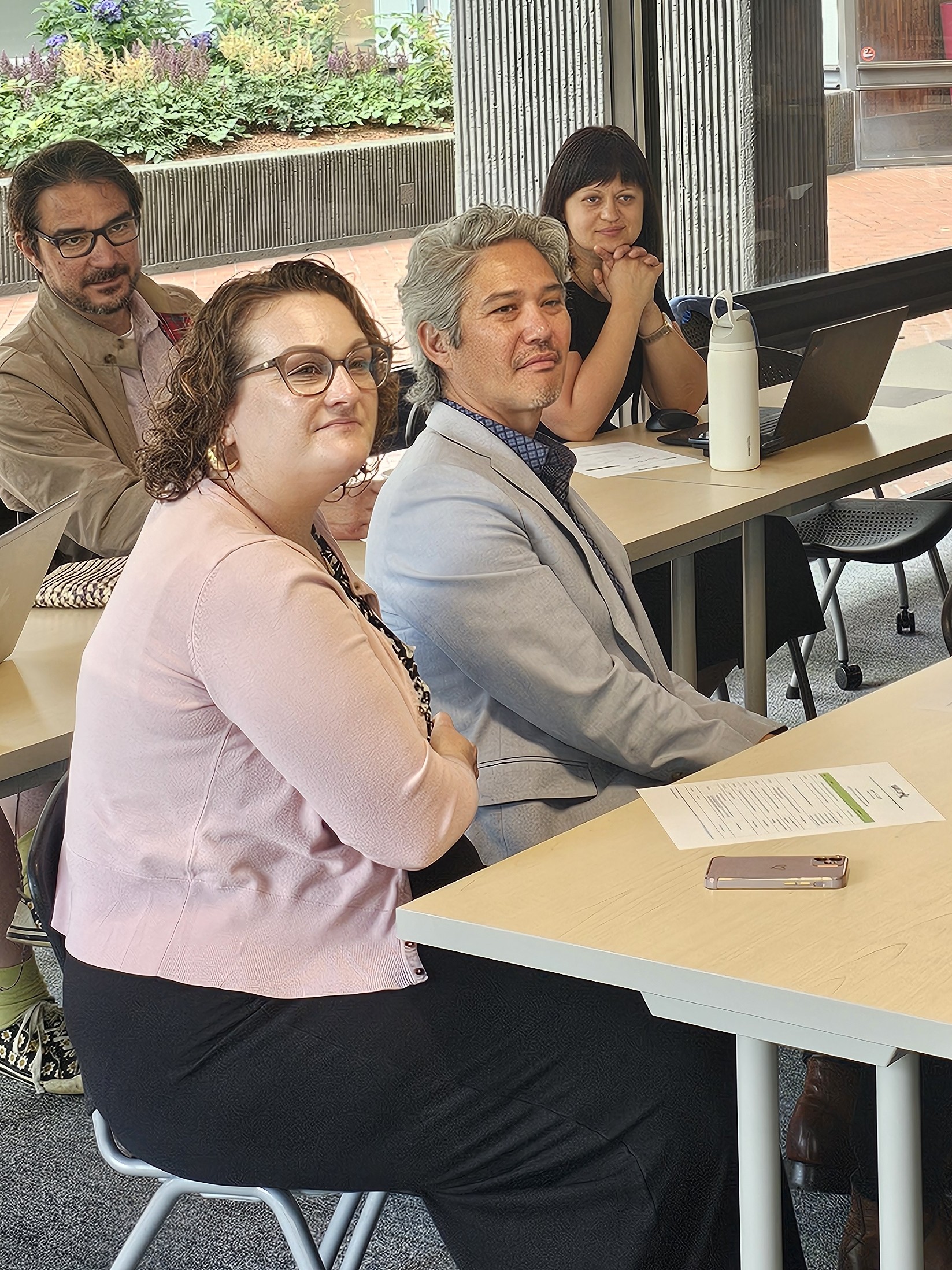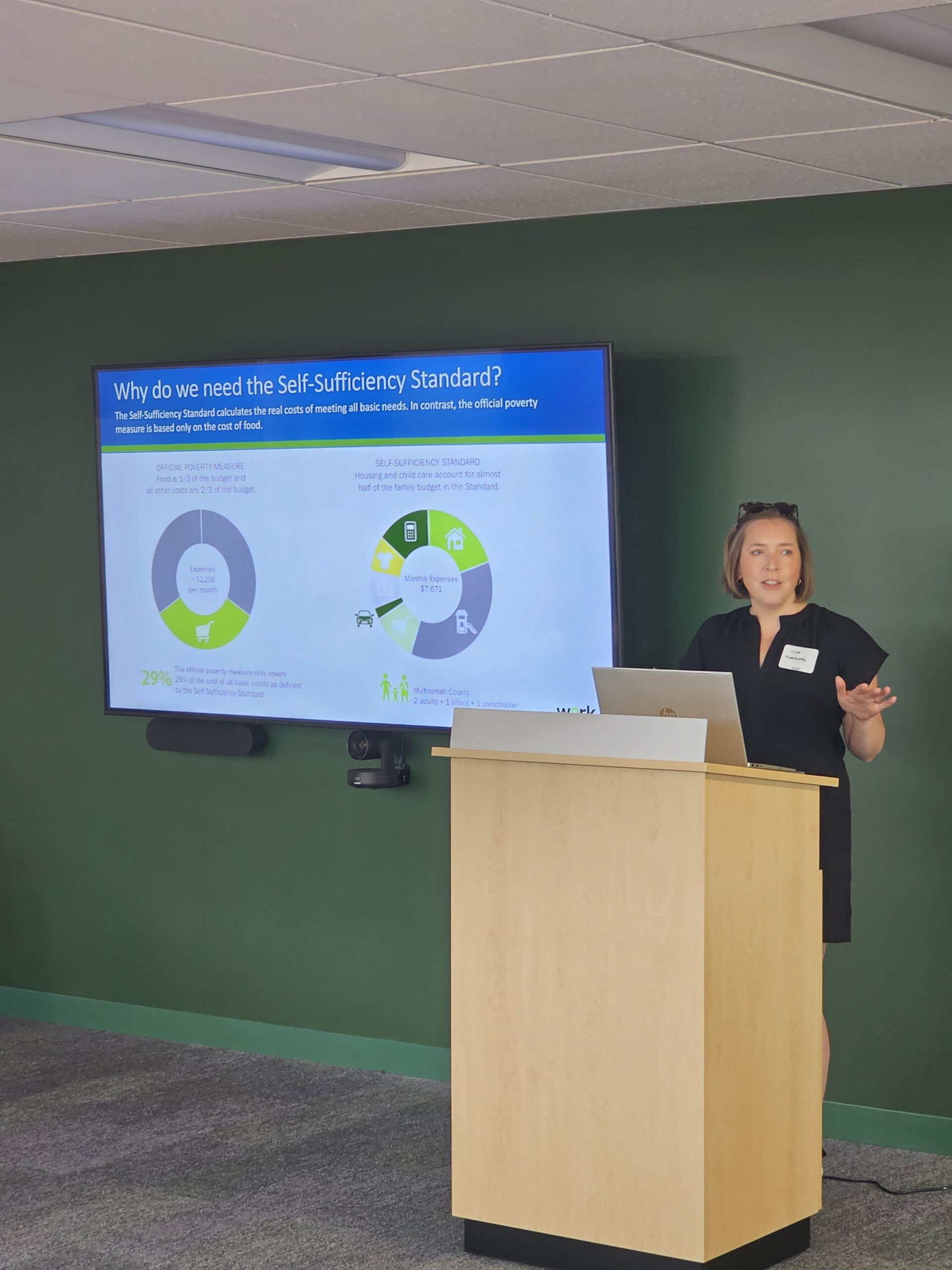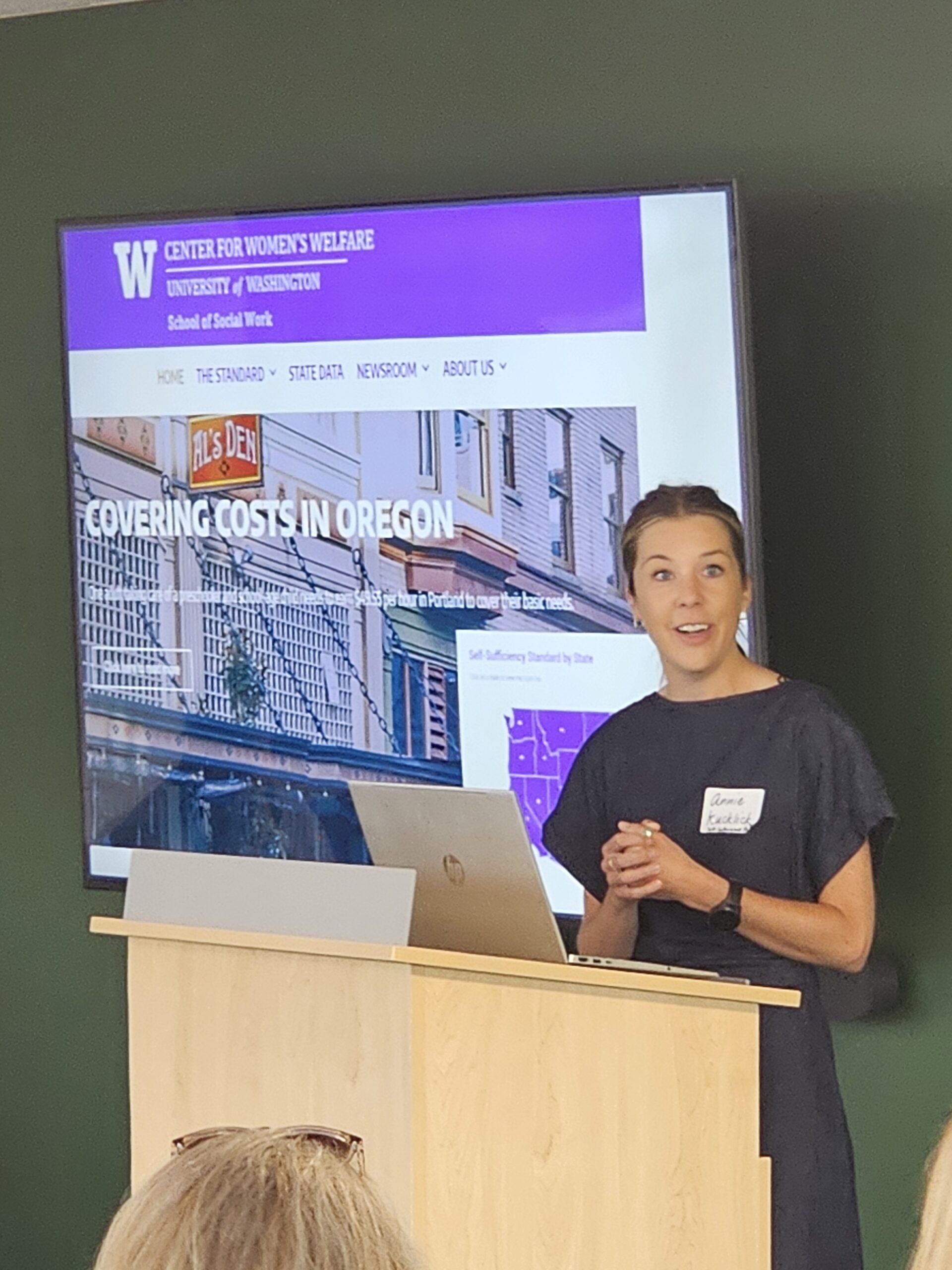Advanced Manufacturing,Board Meetings,Business Services,Construction,Early Learning,Healthcare and Social Assistance,Labor Market Reports,WorkSource
Self Sufficiency and Quality Jobs: A Recap of Worksystems’ July Board Meeting
On Friday, July 11, the Worksystems Board convened for its quarterly meeting with a strong focus on deepening our commitment to economic mobility, equity, and quality employment opportunities in the Portland Metro region.
The meeting centered on two important topics: the release of the updated Self-Sufficiency Standard for Oregon and the official unveiling of new Quality Jobs occupational profiles—tools designed to shape how we understand, measure, and promote meaningful work and economic independence.
What Does It Really Take to Make Ends Meet?
That question anchored the morning’s presentation. Liza Morehead, Ph.D. (Research and Data Analyst for Worksystems) and Annie Kucklick, MSW (University of Washington School of Social Work) walked board members and guests through the newly released 2024 Self-Sufficiency Standard for Oregon—an evidence-based measure of the real cost of living across every county in the state.
Unlike the Officially Poverty Measure, which uses a flat threshold regardless of location or family makeup, the Self-Sufficiency Standard considers the actual expenses households face—housing, childcare, food, healthcare, transportation, and taxes—based on where they live and how many people they support.
The numbers are striking. In Washington County, a single parent with one preschooler needs to earn nearly $89,000 per year to cover basic expenses without outside assistance. In Multnomah County, that same family needs about $82,000. Even a single adult living alone in our region needs to earn $45,000 – $50,000 annually to be self-sufficient.
These numbers highlight that wages may appear adequate on paper but often fall far short in practice. Many full-time jobs—especially at the entry level—do not provide the income needed to meet these basic thresholds, particularly for families with children.
The conversation that followed focused on how Worksystems and its partners can use the Self-Sufficiency Standard to shape program design, guide employer engagement strategies, and better advocate for policies that support equitable economic advancement.
Introducing the Quality Jobs Occupational Profiles
Building on the need for self-sufficiency, Casey Milligan, Quality Jobs Lead on our Business Services Team, also shared a major step forward in our Quality Jobs initiative: a new set of occupational profiles developed for five entry-level jobs across our priority sectors—Advanced Manufacturing, Computer User Support Specialist, Early Childhood Education Assistant, Electrician, and Peer Worker.
These profiles define what “quality” means in real terms—living wages, benefits, predictable schedules, and advancement opportunities—and are designed to help job seekers and career coaches identify low-barrier, entry-level roles that don’t require advanced degrees and offer clear pathways for growth.
The Quality Jobs profiles are more than just fact sheets—they’re tools for transformation. They will be embedded in career coach training, used to guide program investments, and serve as a framework for engaging employers in conversations about how to strengthen recruitment, retention, and job satisfaction.
A Roadmap for Shared Prosperity
As we left the board meeting, one thing was clear: the path to equitable economic recovery requires not just more jobs—but better jobs.
By grounding our work in data from the Self-Sufficiency Standard and applying it through the lens of our Quality Jobs framework, Worksystems is doubling down on its mission to help people not just find work, but thrive in it.
We are excited to roll out these tools in the months ahead, and to work alongside our network of partners, employers, and policymakers to ensure that quality, self-sustaining employment is not the exception—but the standard.

